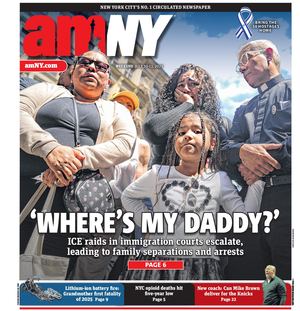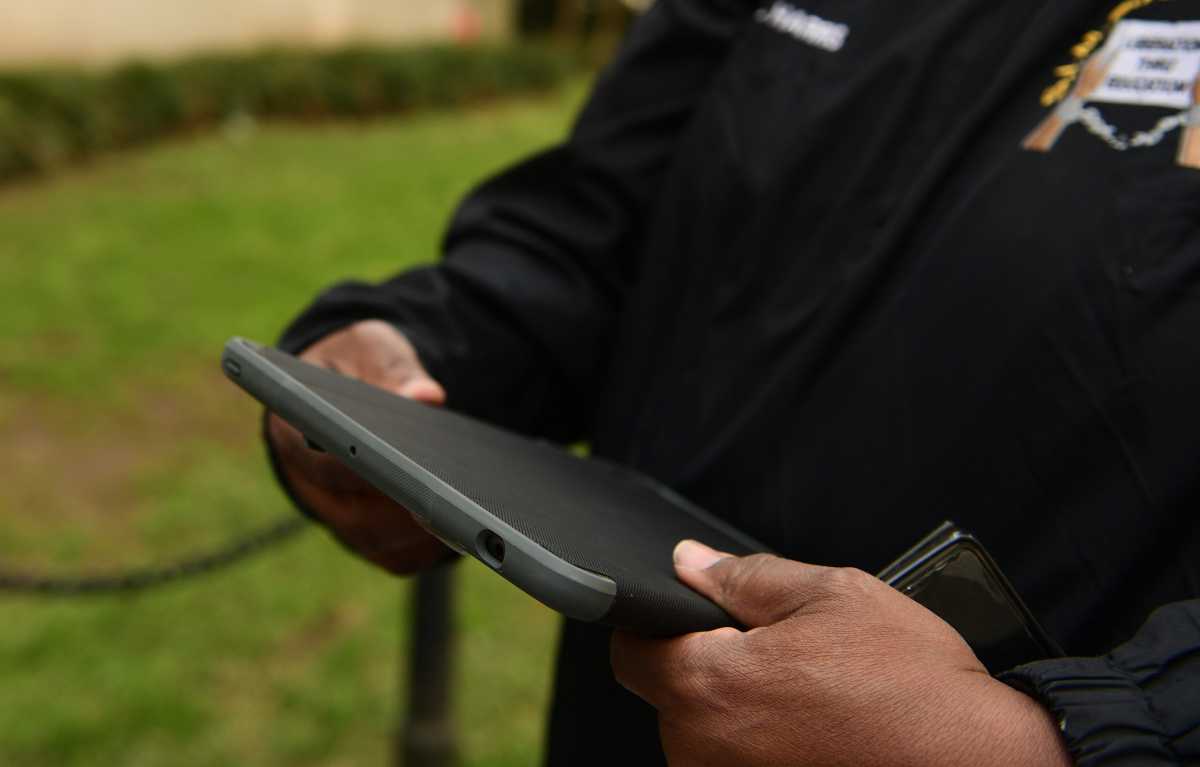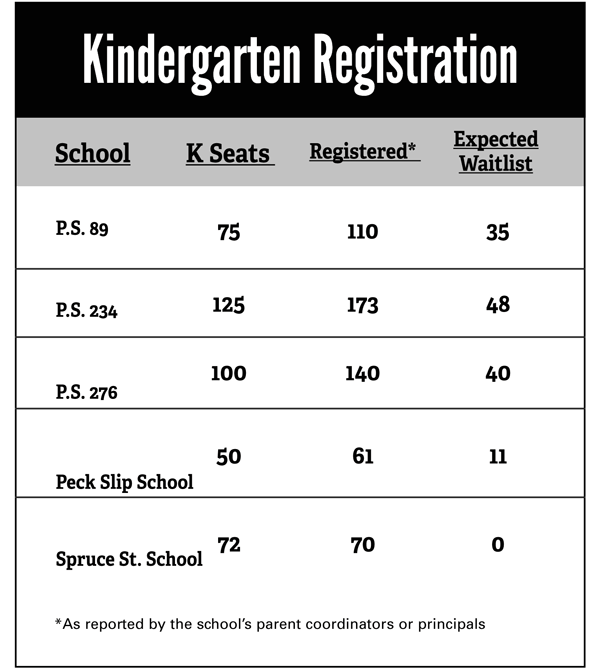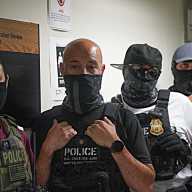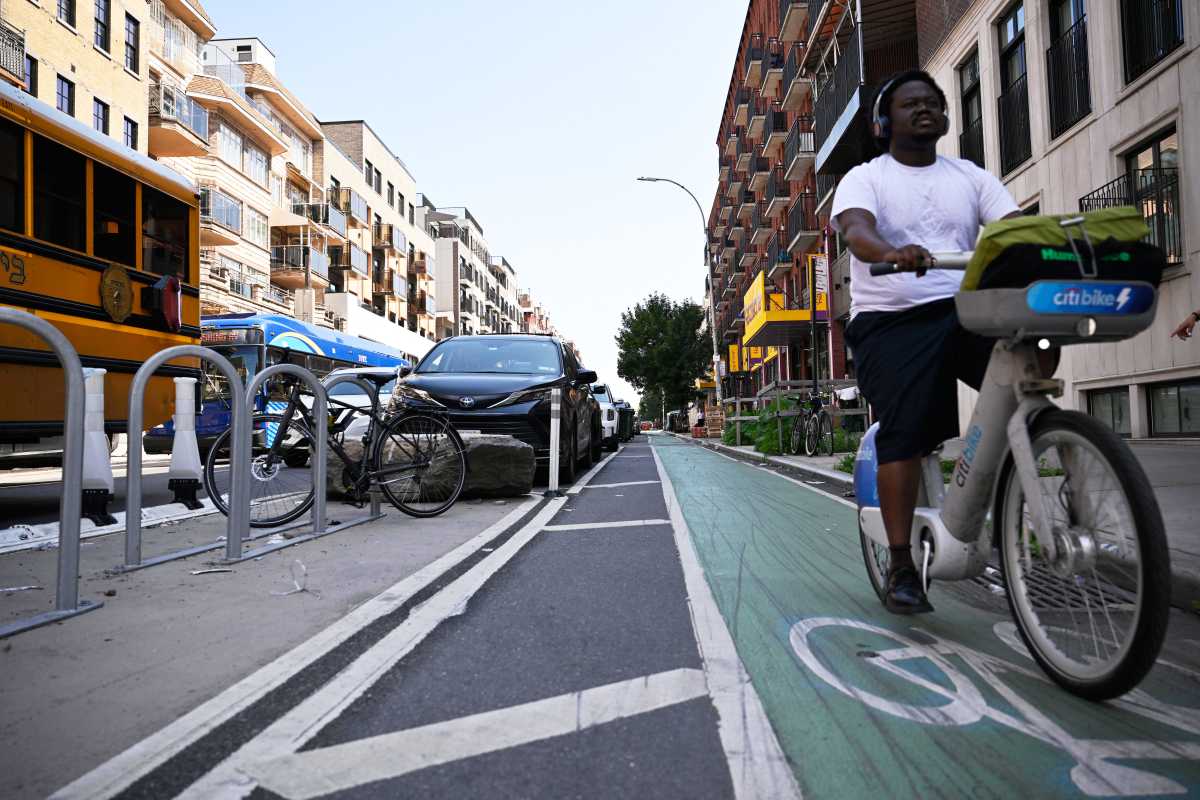A mother and son are trying to help public school families still waiting for devices from the Department of Education to access online classes by matching them with neighbors who have iPads, laptops or cell phones to spare.
Nine months after city officials shuttered schools and transitioned students to remote classes, about 60,000 New York City public school students who requested a device from the Department of Education still have not received them. And although department officials recently said that they ordered an additional 100,000 iPads and laptops for remote learning it is still unclear how many of those devices have arrived in the city this month and how many have been shipped to schools.
After being frustrated for months that the Department of Education had been unable to equip every student in need with a device, Alina Adams, founder of the website nycschoolsecrets.com, decided to create the platform that would allow other equally frustrated parents to help.
Adams and her 17-year-old son Gregory Wickham launched a survey earlier this week where New Yorkers can request a used device for themselves or someone else or sign up to donate their unused tech.
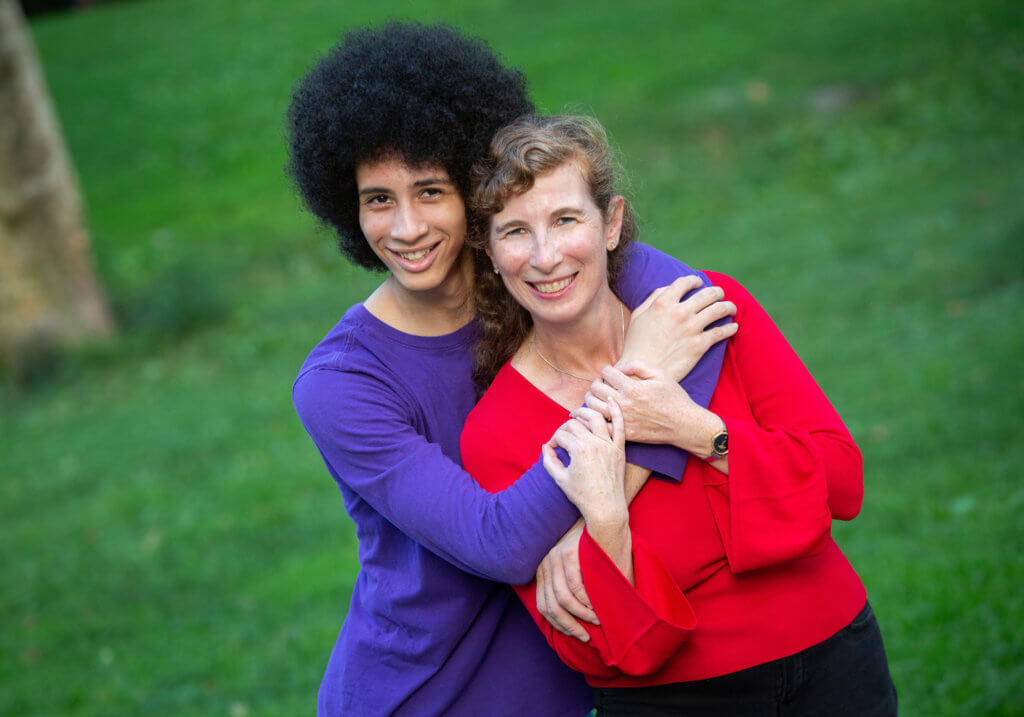
“Why not just have parents help parents?” she said.
She asked Wickham, a talented coder, for help who built and launched the site in a couple of hours. “He’s the tech brain and I am the PR brain,” said Adams. Now, Adams works to get the word out about the matching service by reaching out to parents, teachers, and student-related organizations while Wickham takes care of the backend and does the actual matching.
Once on the site, users need to select if they need a device or wish to give devices, share their zip code, share their name or organization name, enter contact information and select how they would like to drop off or pick up their device. Once matched, participants can either choose to mail the device to the recipient, drop it off personally at their home or agree to meet at a public location, whatever they feel most comfortable with.
The survey has been live for less than a week and there have already been 1,000 requests made for devices. “Within hours ( of the survey launching) we got requests. Some of them in bulk,” said Adams. Many of those filling out the survey are social workers, school employees or work in city homeless shelters, according to Adams.
“Unfortunately, there are more requests than offers but that is another piece of my outreach,” said Adams. “People want to help.”
